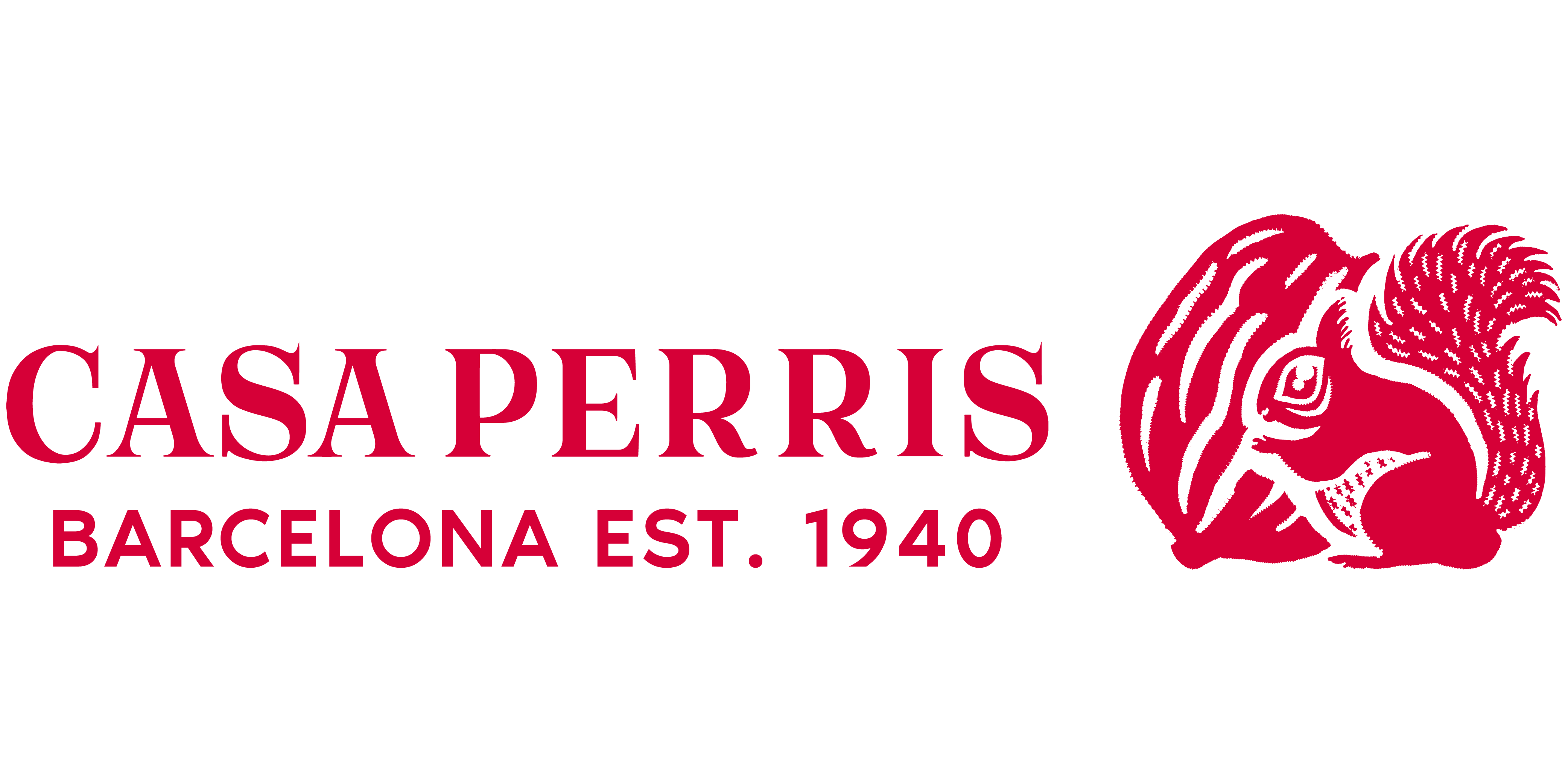Dill is a herbaceous plant used since ancient times for its great benefits to our health. It is known that Charlemagne identified and recognized all the medicinal properties and benefits that this plant provided, as it was one of the herbs that was most zealously cultivated during his government. Today it can be found in great abundance in the eastern region of the Mediterranean Sea, although its spread throughout the world is already a fact.
 Properties of Dill
Properties of Dill
- For every 100 g of dill, 7 g of carbohydrates are added to our diet.
- It also provides 2.1 g of dietary fiber and 3.5 g of protein per 100 g of the consumption of this herb.
- It is a plant rich in vitamin B, it contains vitamin B1, B2, B3, B5 and B6. In addition, it also provides vitamin A and C.
- Among the main minerals it provides, calcium, potassium, iron and manganese stand out, and in smaller quantities magnesium, phosphorus, sodium and zinc.
Benefits of Dill
- It is an ideal plant to control any gastric disturbance. It can stimulate digestive secretions and reduce flatulence.
- It can be used as a diuretic so it is recommended to reduce high blood pressure, congestive heart disease, edema, liver cirrhosis and stroke.
Most frequent uses of Dill
Dill is mainly recognized for its flavoring property in cooking. Its fruit provides a special flavor to fish and shellfish and is used as a condiment in many European dishes. But its aroma and flavor can also be used in bread, vinaigrettes and even rice dishes. It is also used as a preservative for cucumbers, gherkins, cabbages and herring.

Dill leaf can be used fresh in salads.
And its seeds can be used as an infusion to take advantage of all its medicinal properties, mainly in what has to do with digestive functions.
 Properties of Dill
- For every 100 g of dill, 7 g of carbohydrates are added to our diet.
- It also provides 2.1 g of dietary fiber and 3.5 g of protein per 100 g of the consumption of this herb.
- It is a plant rich in vitamin B, it contains vitamin B1, B2, B3, B5 and B6. In addition, it also provides vitamin A and C.
- Among the main minerals it provides, calcium, potassium, iron and manganese stand out, and in smaller quantities magnesium, phosphorus, sodium and zinc.
Benefits of Dill
- It is an ideal plant to control any gastric disturbance. It can stimulate digestive secretions and reduce flatulence.
- It can be used as a diuretic so it is recommended to reduce high blood pressure, congestive heart disease, edema, liver cirrhosis and stroke.
Most frequent uses of Dill
Dill is mainly recognized for its flavoring property in cooking. Its fruit provides a special flavor to fish and shellfish and is used as a condiment in many European dishes. But its aroma and flavor can also be used in bread, vinaigrettes and even rice dishes. It is also used as a preservative for cucumbers, gherkins, cabbages and herring.
Properties of Dill
- For every 100 g of dill, 7 g of carbohydrates are added to our diet.
- It also provides 2.1 g of dietary fiber and 3.5 g of protein per 100 g of the consumption of this herb.
- It is a plant rich in vitamin B, it contains vitamin B1, B2, B3, B5 and B6. In addition, it also provides vitamin A and C.
- Among the main minerals it provides, calcium, potassium, iron and manganese stand out, and in smaller quantities magnesium, phosphorus, sodium and zinc.
Benefits of Dill
- It is an ideal plant to control any gastric disturbance. It can stimulate digestive secretions and reduce flatulence.
- It can be used as a diuretic so it is recommended to reduce high blood pressure, congestive heart disease, edema, liver cirrhosis and stroke.
Most frequent uses of Dill
Dill is mainly recognized for its flavoring property in cooking. Its fruit provides a special flavor to fish and shellfish and is used as a condiment in many European dishes. But its aroma and flavor can also be used in bread, vinaigrettes and even rice dishes. It is also used as a preservative for cucumbers, gherkins, cabbages and herring.
 Dill leaf can be used fresh in salads.
And its seeds can be used as an infusion to take advantage of all its medicinal properties, mainly in what has to do with digestive functions.
Dill leaf can be used fresh in salads.
And its seeds can be used as an infusion to take advantage of all its medicinal properties, mainly in what has to do with digestive functions.


